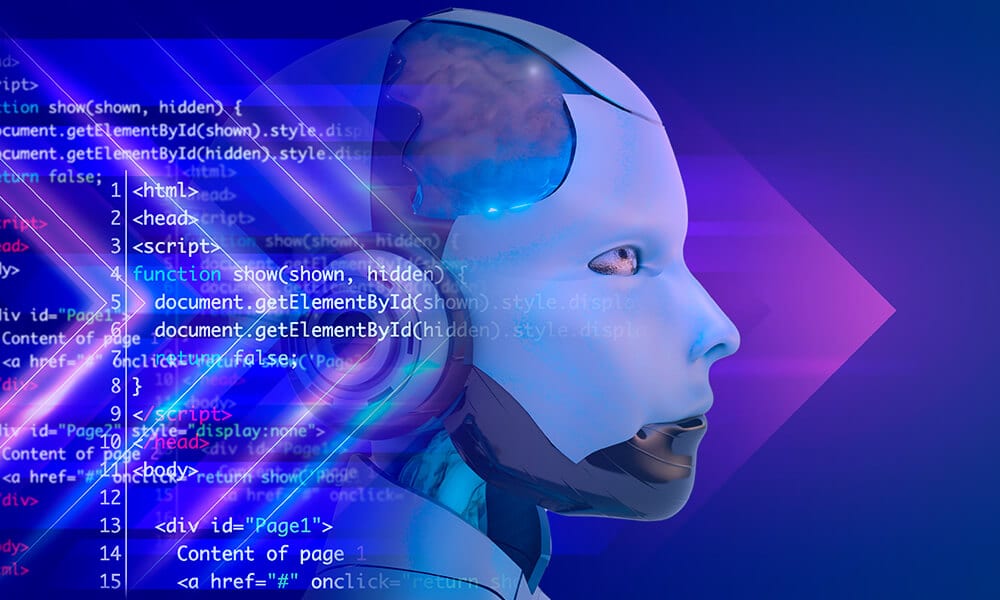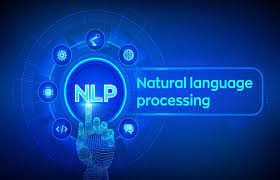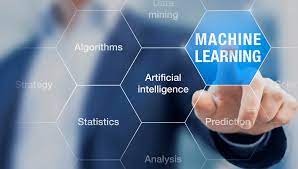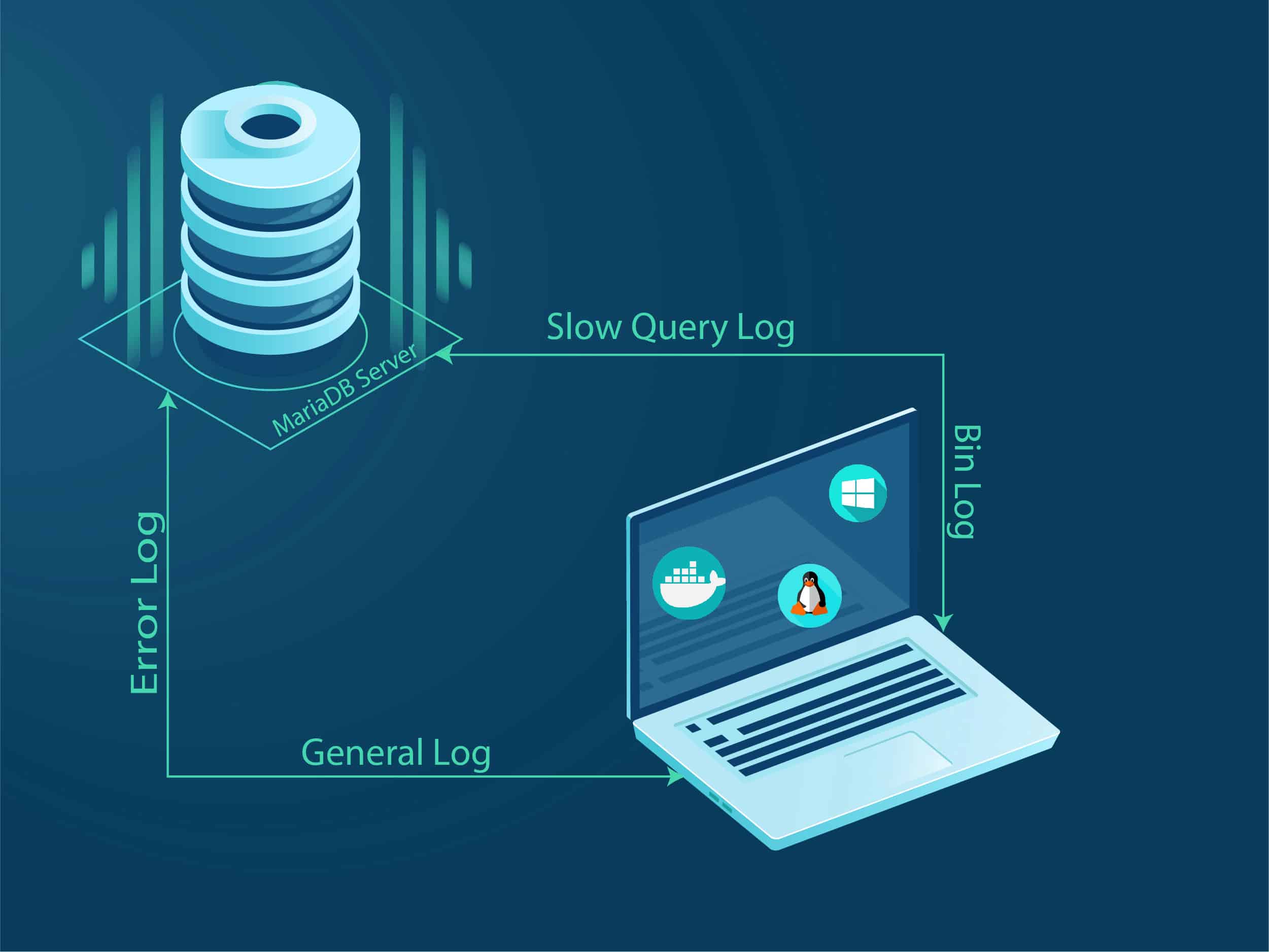Content
Nagios is a popular application monitoring tool that helps in comprehensive monitoring, has high availability, and provides immediate remediation. Perform routine application maintenance and troubleshooting measure to ensure the production environment runs smoothly.
- Cloud computing is an important skill to learn, regardless of the field, you’re working in.
- To deploy an application, you should know the relevant containers and configuration management tools.
- Such tools include Docker and Kubernetes, an open-source container-orchestration system.
- DevOps engineers should also possess interpersonal skills since they work across company silos to create a more collaborative environment.
- Understand the delivery processes of our customers and find ways to optimize and improve CI and CD solutions.
Common challenges with implementing DevOps include organizational silos, lack of communication and collaboration between development and operations teams, and resistance to change. Other challenges can include tooling and automation issues, as well as cultural differences between developers and operations staff. Adopting a DevOps culture can help organizations improve their software development processes and increase their efficiency. It can also help to foster better collaboration between different teams, which is essential for delivering high-quality software products. DevOps engineers build new skills on top of their current experience.
How to Become a DevOps Engineer?
To deploy an application, you should know the relevant containers and configuration management tools. Once you’ve completed the build process, you need to learn how to automate the web applications testing process. Selenium is one of the best testing tools for QA teams, providing fast execution, allowing scripting in several languages, and supporting parallel test execution. You can choose to start with any of these source code management tools.
You can connect with people in the industry and understand how it is done in their organization. From provisioning servers, application configuration, deployment, everything should be automated. You can learn any of the following DevOps toolsets that fit your needs. An overall understanding of Infrastructure components is a must for a person who wants to practice or work in a DevOps environment. For example, when you get into meetings with network/security teams, with a fair amount of infrastructure knowledge you can ask the right questions, understand what they are saying and collaborate better. I have seen teams babysitting pipeline jobs for the infra/app build and release process.
Continuous Integration/Continuous Delivery (CI/CD)
A DevOps engineer will often have to work with QA to improve the speed, efficacy, and output of testing methodologies. We’re all about matchmaking, and our sites help people find whatever they’re looking for in their local communities – whether it’s a car, an apartment, a sofa or a new job. Every connection made or item found makes a difference by creating a world where people share more and waste less. Our household name brands, including Marktplaats in the Netherlands, mobile.de in Germany and leboncoin in France, reach hundreds of millions of people every month.
Does DevOps engineer do coding?
Do DevOps engineers code? DevOps engineers manage updates and releases of new code, so they should be able to write and understand code in several programming languages such as Python, JavaScript, Ruby, C and Go.
A DevOps engineer has a unique combination of skills and expertise that enables collaboration, innovation, and cultural shifts within an organization. With our experts on hand, experience a comprehensive, interactive residency designed to ready your teams for innovation. DevOps processes can account for and address software vulnerabilities. You and your teams can build and test changes, add to repositories, and deploy updates quickly and efficiently. DevOps engineers reduce that complexity, closing the gap between actions needed to quickly change an application, and the tasks that maintain its reliability. For your security, if you’re on a public computer and have finished using your Red Hat services, please be sure to log out. For example, one of the most valuable returns on a DevOps investment is the ability to deliver faster feedback to developers.
By team size
When it comes to the application delivery lifecycle, there are three important concepts you need to be aware of. In every organization, mission-critical applications are monitored 24/7 using monitoring dashboards. Generally, dashboards use data from logging sources or metrics generated by the application. You should get a better understanding and working knowledge of various Linux distributions highly used by organizations (RHEL, Centos, Ubuntu, CoreOS, etc.). No matter what DevOps tasks you want to automate, coding and scripting are essential skills. With these skills, you’ll be able to increase your productivity and efficiency, and make your work easier. If you meet all of the above criteria, then you should have no problem becoming a DevOps engineer.
What language is cloud?
PHP. PHP is a programming language widely used for web development and cloud computing because it is easy to learn and manipulate. It is therefore popular when it comes to automating websites and other functions. This language can run on UNIX and Windows servers and has a powerful output buffer.
I would suggest you start with Linux & programming and then learn cloud & tools. The tools and processes involved in DevOps are not limited to what is mentioned in this article. However, these are commonly used open-source tools and technologies you can start with to become a DevOps engineer. Also, here is a list of topics related to the application development and release lifecycle.
Personal tools
DevOps is a practice that requires a cultural change, new management principles, and the use of technology tools. A DevOps engineer lies at the heart of a DevOps transformation and must have a broad set of skills to facilitate this change. Yet most organizations will need more than just one DevOps engineer, but a mix of generalists and specialists to work closely with each other to implement DevOps and improve the software development lifecycle. A DevOps engineer helps to break down silos to facilitate collaboration among different experts and across toolchains to realize the full promise of DevOps. DevOps engineers will often be expected to have experience with one or more configuration management tools such as Chef, Puppet, or Ansible.

A DevOps engineer needs to know about cloud service providers and their basic applications. Cloud computing is an important skill to learn, regardless of the field, you’re working in. The POM file consists of a set of jars, commands to be executed, the builds plugins, and builds profile. If you are looking for online structured training in DevOps check out Edureka’s DevOps Masters Course Content. The curriculum is designed after extensive research on 5000+ DevOps Job Descriptions. It includes 2000+ hours of interactive learning and 12 courses, this will set you on the path to becoming a successful DevOps Engineer.
Learn about *nix Systems
Thus, the outcome of implementing DevOps is a CI/CD pipeline supported by effective collaboration between development and operations teams. DevOps is a set of practices that combines software development and IT operations . It aims to shorten the systems development life cycle and provide continuous delivery with high software quality. DevOps is complementary with Agile software development; several DevOps aspects came from the Agile way of working.











